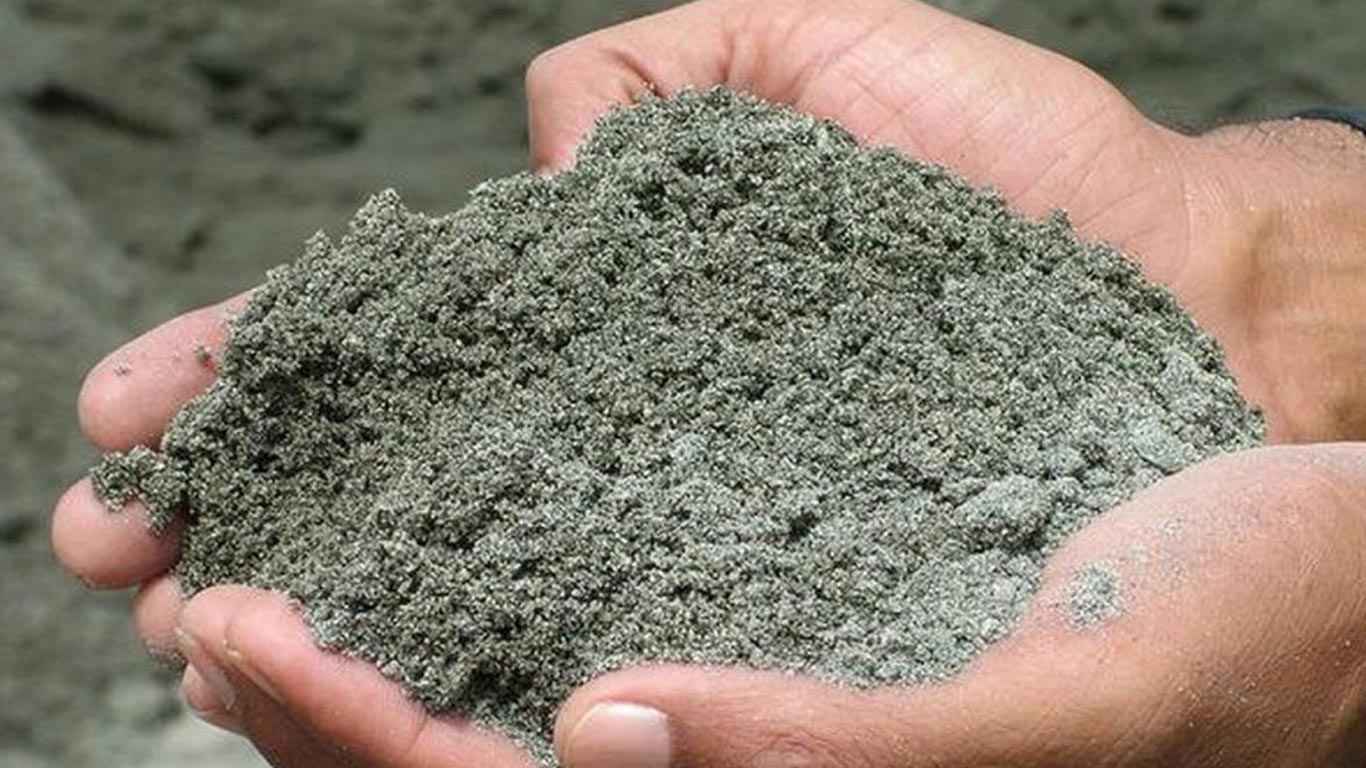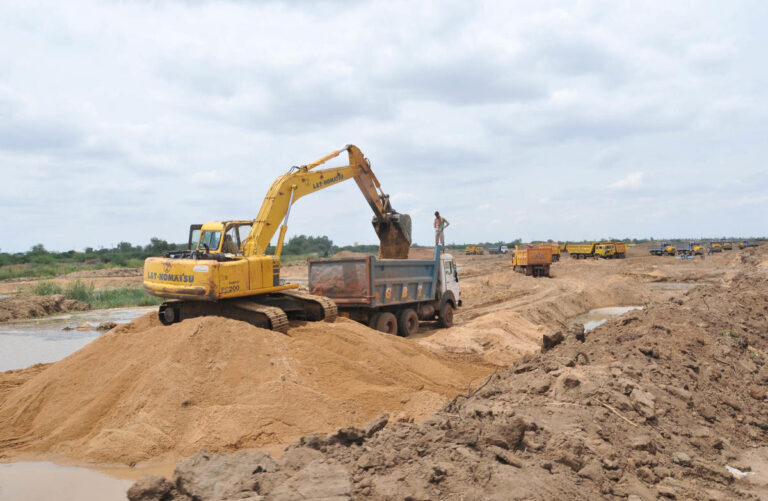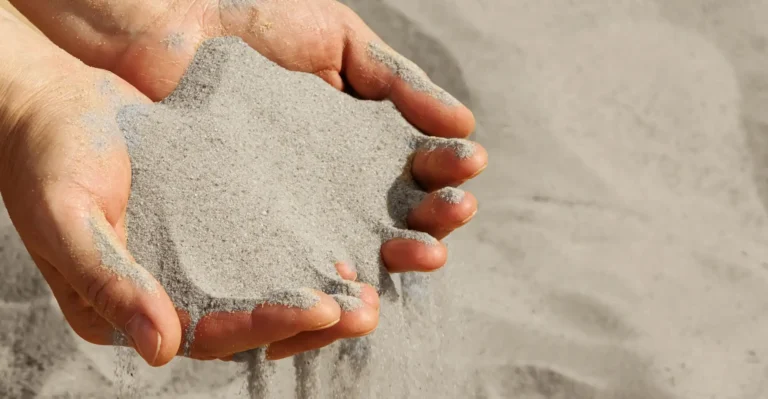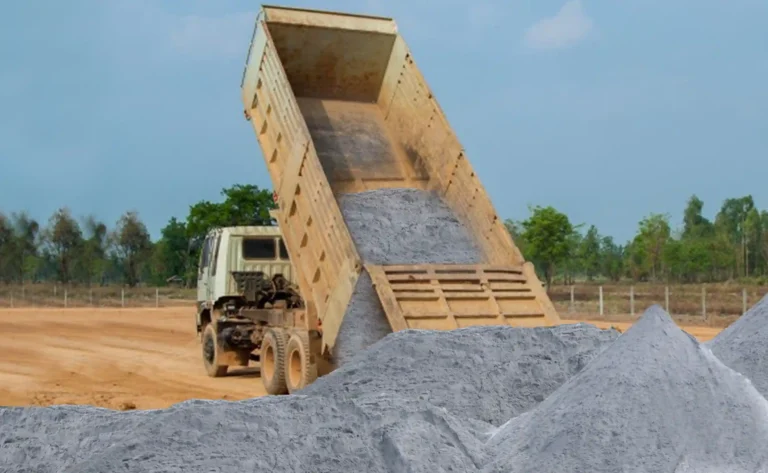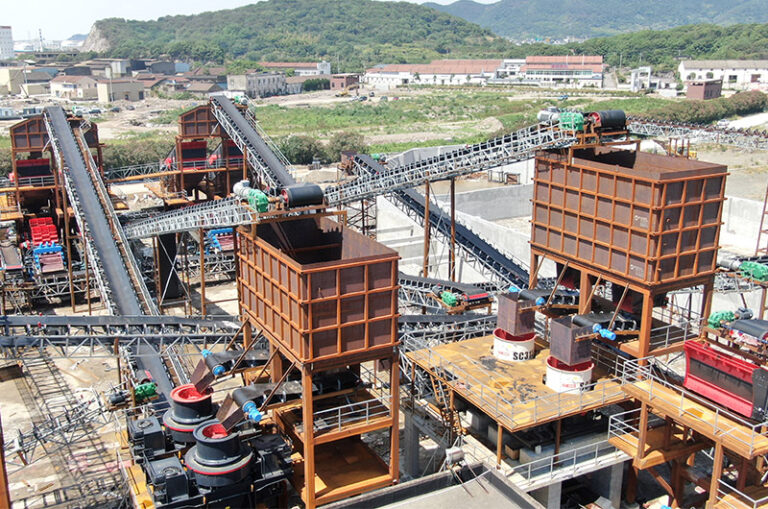What is M Sand? Is M Sand Suitable for Construction?
In the ever-evolving construction industry, manufactured sand has emerged as a game-changing alternative to traditional river sand. As natural sand resources become increasingly scarce and environmental regulations tighten, M sand has gained significant popularity among builders, contractors, and construction professionals worldwide. This comprehensive guide explores everything you need to know about M sand and its suitability for construction projects.
Understanding M Sand: The Basics
M sand, also known as manufactured sand or artificial sand, is a fine aggregate produced by crushing hard granite stones into fine particles. Unlike natural river sand, which is formed through natural weathering processes over thousands of years, M sand is manufactured in controlled environments using advanced crushing and screening techniques. The production process involves crushing granite rocks, washing, and grading the particles to achieve the desired size and quality specifications.
The growing demand for sand services has led to the development of sophisticated manufacturing facilities that produce high-quality M sand consistently. This engineered approach ensures better control over particle size, shape, and overall quality compared to natural sand, which can vary significantly in composition and properties.
Why M Sand is Revolutionizing Construction
The construction industry has witnessed a paradigm shift toward M sand for construction due to several compelling advantages. First and foremost, M sand offers superior binding properties compared to natural sand. The angular and rough texture of manufactured sand particles creates better interlocking between cement and aggregate, resulting in stronger concrete structures with enhanced durability.
Environmental sustainability is another crucial factor driving the adoption of M sand. Traditional sand mining from rivers and beaches causes significant ecological damage, including erosion, habitat destruction, and water table disruption. By choosing manufactured sand, construction projects can significantly reduce their environmental footprint while maintaining high-quality standards.
From a technical perspective, M sand provides excellent workability and pumpability in concrete mixtures. Its consistent gradation and controlled particle size distribution ensure uniform mixing and reduced segregation, leading to better concrete quality and reduced maintenance costs over the structure’s lifespan.
Quality and Specifications of M Sand
High-quality M sand must meet stringent industry standards and specifications. The particle size typically ranges from 0.15mm to 4.75mm, with a fineness modulus between 2.6 and 3.0. The shape of M sand particles is generally angular to sub-angular, which contributes to better mechanical interlocking in concrete mixes.
One of the most significant advantages of manufactured sand is its freedom from organic impurities, silt, and clay content that are commonly found in natural sand. This cleanliness ensures better cement-aggregate bonding and eliminates potential issues related to alkali-silica reaction, which can compromise concrete strength over time.
The water absorption capacity of M sand is typically lower than that of natural sand, which can lead to improved concrete durability and reduced permeability. Additionally, the controlled production process allows manufacturers to adjust particle gradation according to specific project requirements, ensuring optimal performance for different construction applications.
Market Availability and Supply Factors
The M sand price varies based on factors such as location, quality specifications, and quantity requirements. However, the increasing availability of local production facilities has made M sand more accessible for construction projects across different regions.
Market stability is another advantage of M sand, as its production is not subject to seasonal variations or environmental restrictions that often affect natural sand availability. This consistency in supply helps contractors better plan their projects and avoid delays due to material shortages. The controlled manufacturing process ensures reliable availability throughout the year, making it a dependable choice for construction professionals.
Finding Reliable M Sand Suppliers
Selecting the right M sand suppliers in Bangalore or your local area is crucial for project success. Reputable suppliers should provide detailed quality certificates, including gradation analysis, physical and chemical properties, and compliance with relevant standards such as IS 383:2016 for coarse and fine aggregates.
When evaluating potential suppliers, consider factors such as production capacity, quality control measures, delivery capabilities, and technical support services. Established suppliers typically offer consistent quality, reliable delivery schedules, and competitive structures that can benefit long-term construction projects.
It’s also important to verify that suppliers follow environmentally responsible practices in their manufacturing processes, including proper dust control, water recycling, and waste management procedures. This ensures that your construction projects align with sustainability goals and regulatory requirements.
About Aradhya Constructions
For all your construction material needs, including high-quality M sand, Aradhya Constructions stands as a trusted partner in the industry. With years of experience in providing superior construction materials and services, Aradhya Constructions has established itself as a reliable supplier committed to quality and customer satisfaction.
Aradhya Constructions specializes in supplying premium-grade M sand that meets all industry standards and specifications. Their state-of-the-art facilities ensure consistent quality and timely delivery for projects of all sizes.
Contact Details:
- Phone:+91 9008 777 742
- Email:aradhyaconstructions01@gmail.com
- Address: CS-NICE Road Bannerughatta Road, Gundappa Layout, Gottigere, Bengaluru, Karnataka 560083
- Website: https://aradhyasands.com/
Frequently Asked Questions (FAQs)
1. What is the difference between M sand and natural sand?
M sand is manufactured by crushing granite rocks, while natural sand is formed through natural weathering processes. M sand offers better binding properties, consistent quality, and is free from organic impurities compared to natural sand.
2. Is M sand suitable for all types of construction work?
Yes, M sand is suitable for various construction applications, including concrete work, plastering, block work, and road construction. Its angular particles provide excellent binding properties for different construction needs.
3. How does M sand compare to natural sand in terms of value?
M sand offers better value due to improved strength characteristics, reduced maintenance requirements, and consistent quality. Its superior binding properties and freedom from impurities make it an excellent choice for construction applications.
4. What quality standards should M sand meet?
M sand should comply with IS 383:2016 standards, have a fineness modulus between 2.6 and 3.0, a particle size range of 0.15mm to 4.75mm, and be free from organic impurities, silt, and excessive clay content.
5. How do I choose the right M sand supplier?
Look for suppliers who provide quality certificates, have consistent production capacity, offer reliable delivery services, maintain environmental compliance, and have a proven track record in the construction industry.

